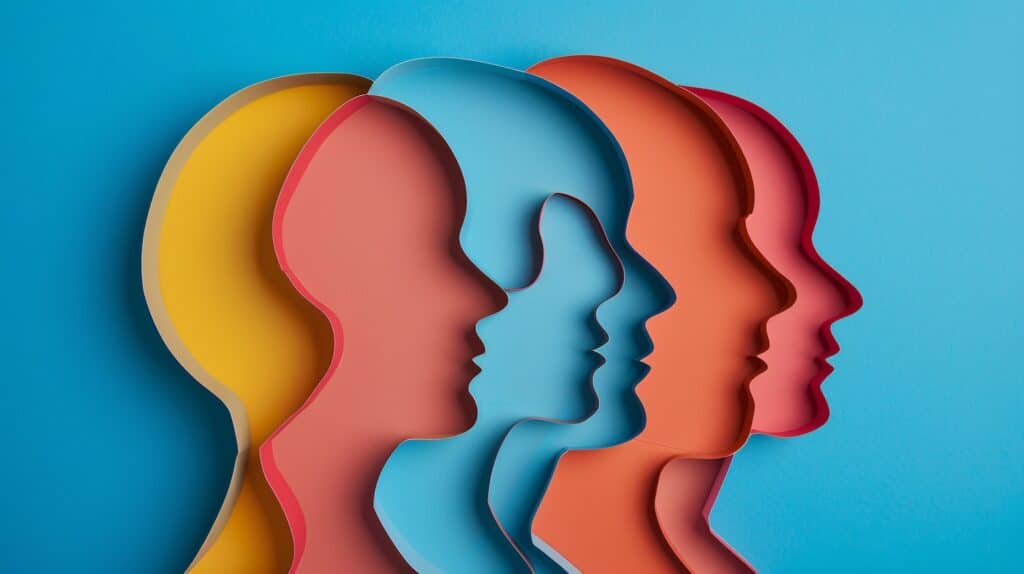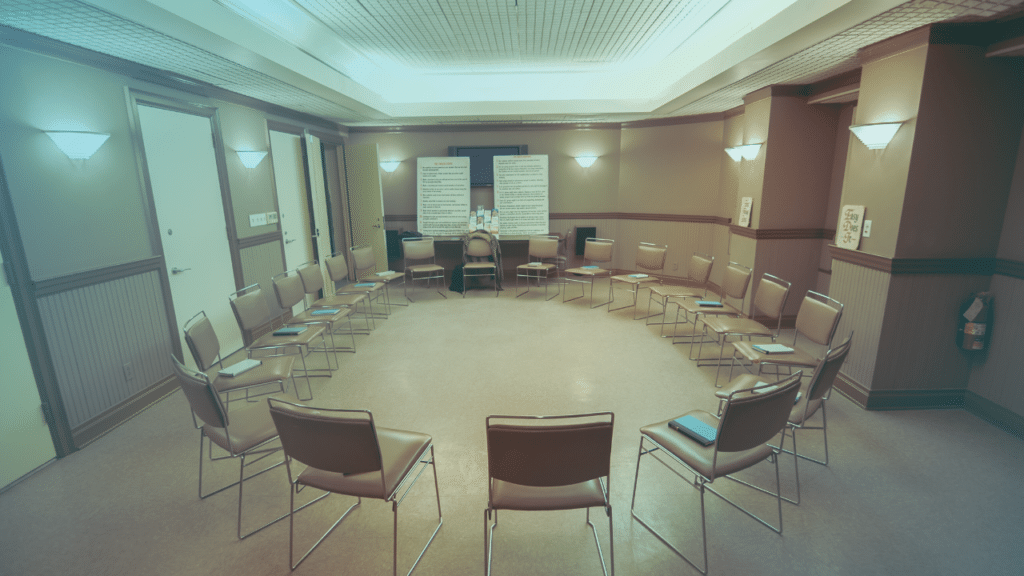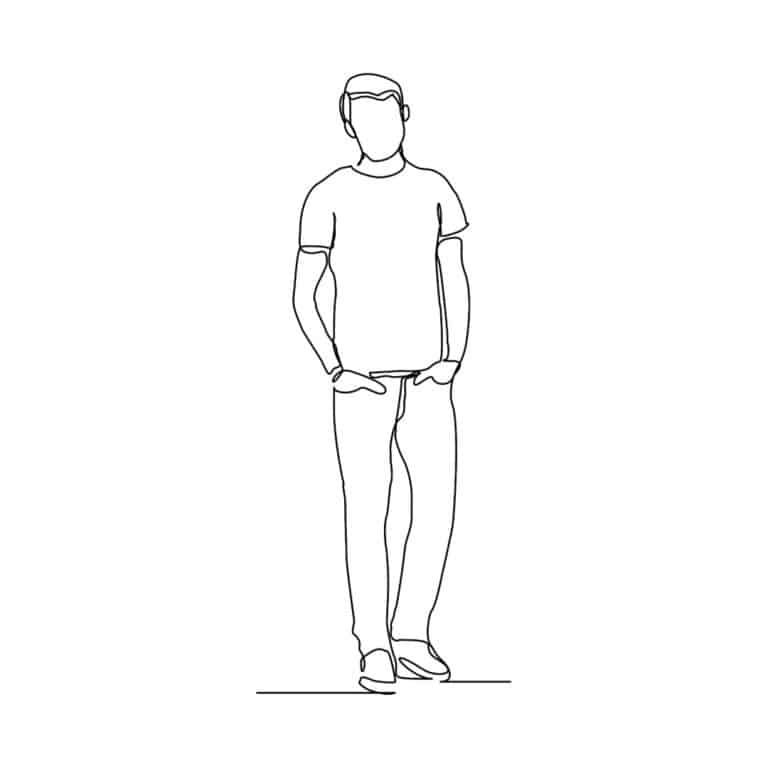×
Silver Pines and Steps to Recovery have provided addiction recovery programs in Pennsylvania for over a decade with detox, residential, outpatient, and sober living services. Last year, we expanded our services to include robust mental health treatment, a new outpatient location, and specialized programming for our nation’s veterans, with more to come this year! We are visually recognizing our growth with a unified look that better reflects who we are today and the passion we have for helping everyone with their addiction and mental health recovery journeys.










